Results
-
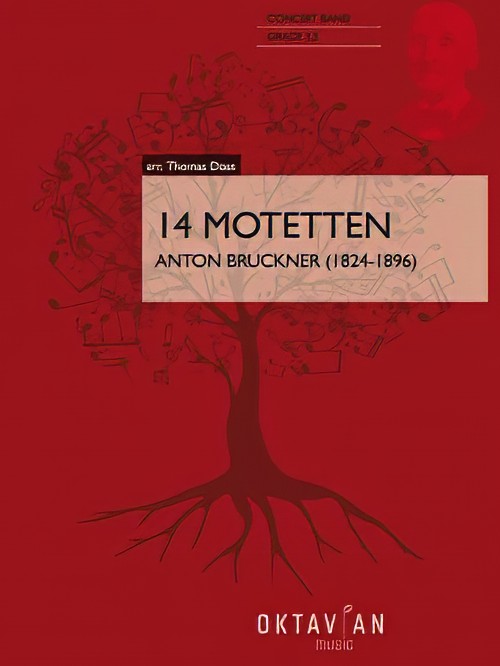 £256.00
£256.0014 Motetten (Concert Band - Score and Parts) - Bruckner, Anton - Doss, Thomas
Anton Bruckner (b. 4.9.1824, Ansfelden, d. 11.10.1896, Vienna) didn't have it easy. Throughout his life, the Austrian composer was plagued by self-doubt. Anton Bruckner came from a simple, rural background. After the death of his father, he was accepted as a choirboy at the monastery of Sankt Florian in 1837. After several years as a school assistant and his own organ and piano studies, he first worked as organist in St. Florian, then from 1855 as cathedral organist in Linz. Introduced to music theory and instrumentation by Simon Sechter and Otto Kitzler, he discovered Richard Wagner as an artistic role model, whom he admired throughout his life and also visited several times in Bayreuth. In 1868 Anton Bruckner became professor of basso continuo, counterpoint and organ at the Vienna Conservatory; ten years later court organist; and in 1891 finally honorary doctor of the University of Vienna. He was considered an important organ virtuoso of his era, but had to wait a long time for recognition as a composer. It was not until Symphony No.7 in E major, composed between 1881 and 1883, with the famous Adagio written under the effects of Wagner's death, that he achieved the recognition he had hoped for, even if he was reluctant to accept it given his inclination towards scepticism and self-criticism. Anton Bruckner was a loner who did not want to follow a particular school or doctrine. He composed numerous sacred vocal works, such as his three masses, the Missa Solemnis in B flat minor (1854), the Te Deum (1881-84) and numerous motets. As a symphonic composer, he wrote a total of nine symphonies and many symphonic studies from 1863 onwards, tending to revise completed versions several times over. Bruckner's orchestral works were long considered unplayable, but in fact were merely exceptionally bold for the tonal language of their time, uniting traditions from Beethoven through Wagner to folk music, on the threshold between late Romanticism and Modernism. Anton Bruckner composed about 40 motets during his lifetime, the earliest a setting of Pange lingua around 1835, and the last, Vexilla regis, in 1892. Thomas Doss has compiled some of these motets in this volume for symphonic wind orchestra. These motets show many characteristics of personal expression, especially Bruckner's colourful harmony in the earlier works, which is in places aligned with Franz Schubert (changes between major and minor; and movements in thirds). Later works are characterised by many components which, in addition to the expanded stature of the movements, include above all a sense of the instrumentation as an outward phenomenon and the harmony as a compositional feature that works more internally. Some aspects of Bruckner's work are the result of his long period of study, which familiarised him not only with the tradition of his craft, but also gave him insights into the modernity of his time in such composers as Wagner, Liszt and Berlioz. From this developed his personal standpoint, which always pursues the connection between the old and the new.Duration: 39.00
Estimated dispatch 7-14 working days
-
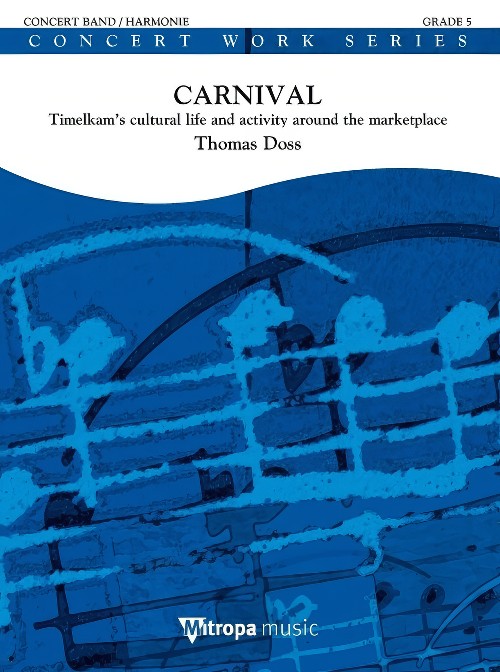 £159.99
£159.99Carnival (Concert Band - Score and Parts) - Doss, Thomas
This work was commissioned by Marktmusik Timelkam to celebrate its 170th anniversary. It describes the cultural life and hustle and bustle of the band's home base, the Austrian town of Timelkam. Carnival pictures a festive procession starting at the marketplace and lasting well into the night. The work features many carnivalesque elements and is a joy for players to perform. There is a lot of merry activity going on in the music; people cheerily chatting in the inn; singing and dancing together and having fun. There is also room for a melancholy mood, accompanied by reminiscences about eternal goodbyes and searching for love. With the added musical representation of children's playing and pranks, a beautiful sunrise as well as a depiction of the churches and societies in town, this composition is not just an account of a carnival parade but a small portrayal of life.Duration: 11.30
Estimated dispatch 7-14 working days
-
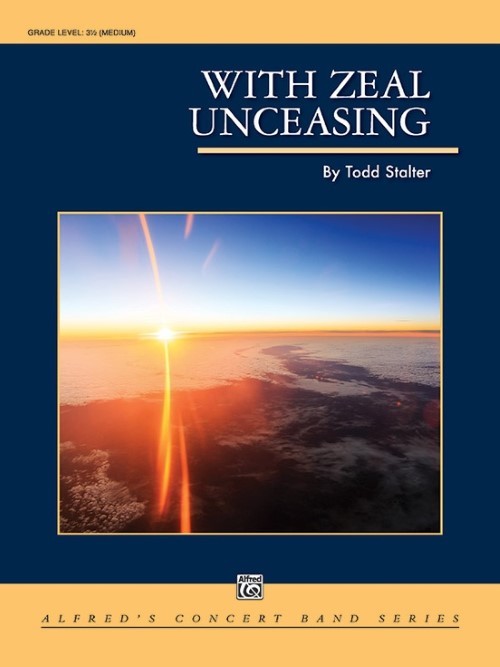 £79.50
£79.50With Zeal Unceasing (Concert Band - Score and Parts) - Stalter, Todd
This high-energy piece opens with a brief, powerful introductory fanfare that leads to a rapid-paced set of melodic fragments, contours, and rhythms derived from the well-known "Austrian Hymn," before hurtling its way through a variety of meters, interspersed with percussive punctuation. Duration: 2:15
Estimated dispatch 7-14 working days
-
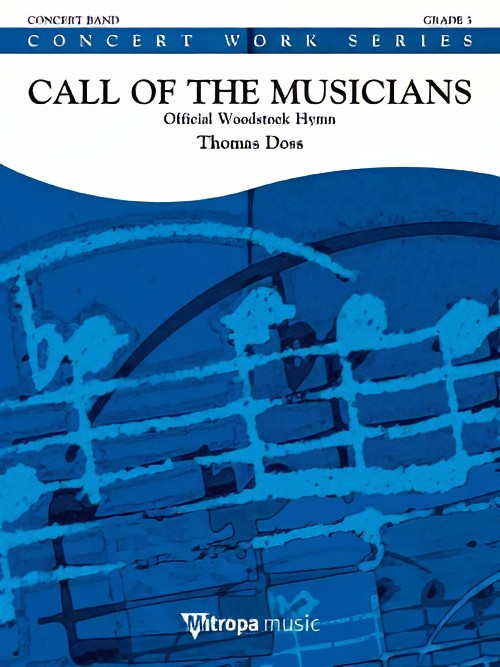 £84.99
£84.99Call of the Musicians (Concert Band - Score and Parts) - Doss, Thomas
The Woodstock der Blasmusik (Woodstock for Wind Music) is a four-day open air festival that has taken place annually over the last weekend in June in the Upper Austrian community of Ort im Innkreis since 2011. All sorts of bands and ensembles gather to play both traditional and modern wind music. Since its inception, this legendary festival has developed into a great success story. In 2019, Thomas Doss was commissioned to compose this official Woodstock hymn.Duration: 4.30
Estimated dispatch 7-14 working days
-
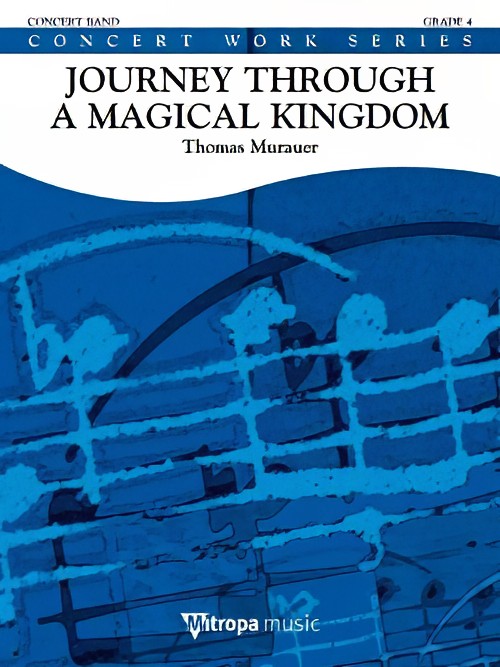 £119.99
£119.99Journey Through a Magical Kingdom (Concert Band - Score and Parts) - Murauer, Thomas
A Journey through a Magical Kingdom describes the journey of a young boy named Bodo through a never-before-seen magical and enchanting world of fairies and mythical creatures, a world of enchanted mountains, rivers and lakes and a world of absolute beauty and purity that remains hidden to most of us all our lives. This film-like music is full of colourful melodies and exciting rhythms, with a beautiful middle part and spectacular ending. The Austrian composer Thomas Murauer unfolds his versatile style of composing and lets you enter a world of fantasy and colours. Duration: 7.15
Estimated dispatch 7-14 working days
-
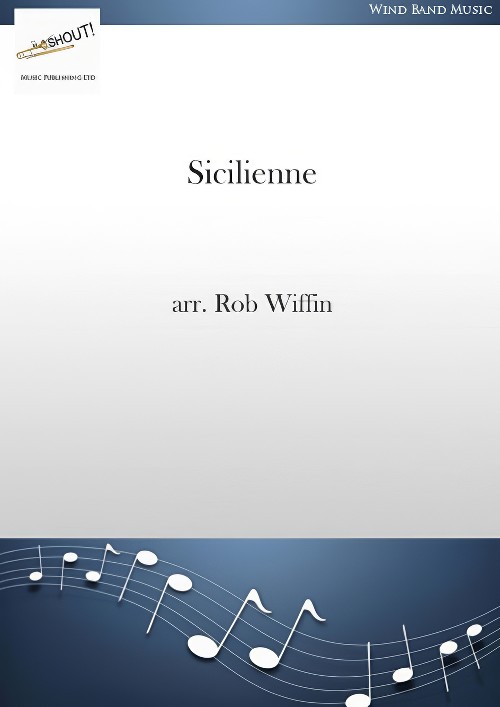 £33.95
£33.95Sicilienne (Concert Band - Score and Parts) - Wiffin, Rob
Rob Wiffin heard this played by the young cellist Sheku Kanneh-Mason as part of his short recital at the wedding of Meghan Markle and Prince Harry in May 2018. He was immediately struck by the simple charm of the music and decided to arrange it for band. In doing so he thought it best to just touch it gently rather than over-arrange it. Apart from changes of colour and a little bit of counter-melody the tuneful elegance of the music appears just as in the original solo for violin or ?€cello. The music is attributed to the Austrian composer and musician Maria Theresia von Paradis (May 15, 1759 ?€" February 1, 1824) but, according to Grove Music, this is false and it was possibly composed by violinist Samuel Dushkin (1891-1976), based on Weber's Romanze from his Violin Sonata Op.10, No.1. Whoever it may have been composed by, it is a highly attractive piece.Duration: 2.5
Estimated dispatch 7-14 working days
-
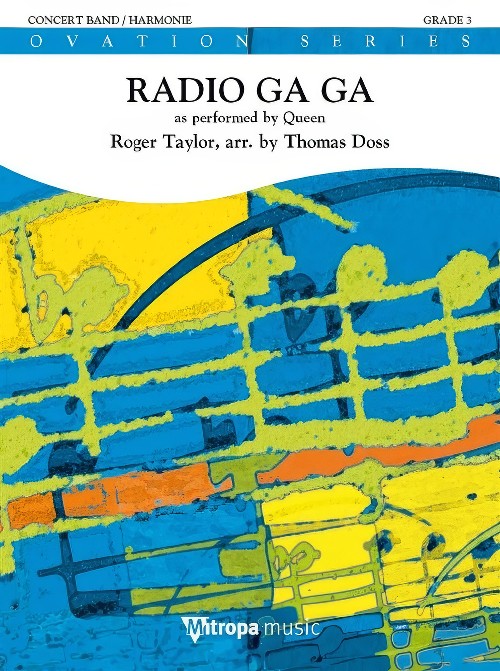 £84.99
£84.99Radio Ga Ga (Concert Band - Score and Parts) - Taylor, Roger - Doss, Thomas
This 1983 hit performed by Queen became a huge success not only because of the universal meaning of the lyrics, but also because of the iconic official video. The Austrian composer and arranger Thomas Doss, also a big fan of Queen's music, made this refreshing grade 3 arrangement. This title will certainly spice up your concert! Duration: 4.30
Estimated dispatch 7-14 working days
-
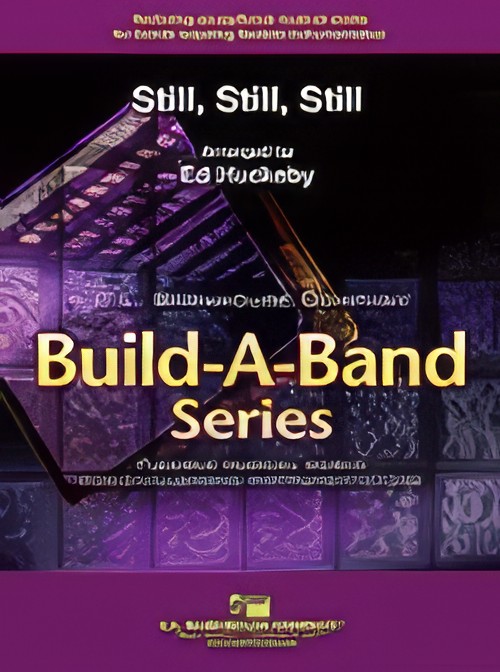 £65.00
£65.00Still, Still, Still (Flexible Ensemble - Score and Parts) - Huckeby, Ed
The famous Austrian holiday folk carol is set in a unique and inviting style and adapted for use by bands with unique instrumentation. Subtle melodic lines in this holiday lullaby, paint a calm and serene musical portrait with all the delightful images of the holiday season. Includes parts for optional vocal solo, duet or choir. This wonderful arrangement is destined to become a standard in the holiday band repertoire.Duration: 3.30
Estimated dispatch 7-14 working days
-
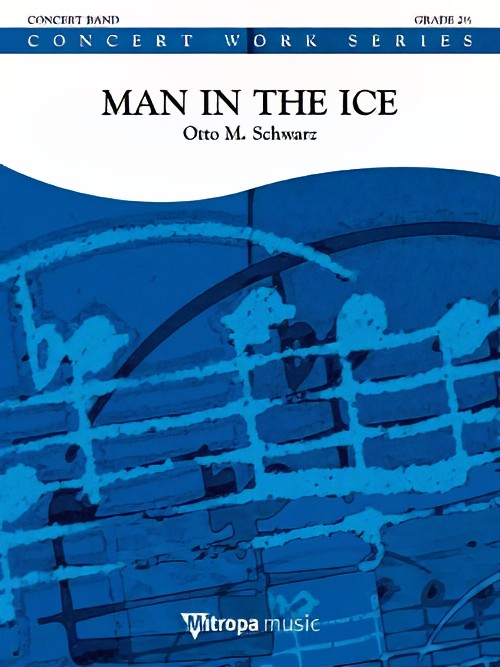 £104.99
£104.99Man in the Ice (Concert Band - Score and Parts) - Schwarz, Otto M.
This programmatic piece of music is one of the best-selling works from Otto M. Schwarz. There was a very high demand for a lower grade version to enable young and small bands to perform this epic piece. On September 19th, 1991, a mummified corpse of a man was found at the Similaun glacier in the ?tzt?ler Alps. The glacier unveiled an early man after 5300 years, with all of his personal belongings. His clothes and weapons were fairly well preserved and provide us today with a deeper insight into that period. Austrian nature filmmaker Kurt M?ndel reconstructed the life of this man and made a film, which Otto M. Schwarz used as an opportunity to write a work for symphonic wind band and musically resurrect the "Man in the Ice- ?tzi".
Estimated dispatch 7-14 working days
-
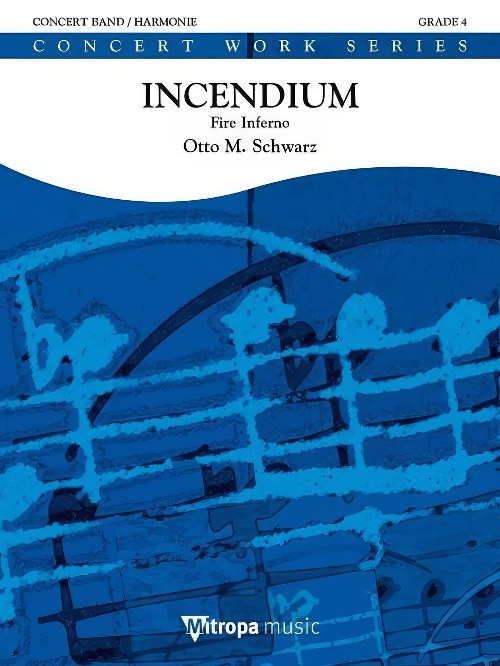 £139.99
£139.99Incendium (Concert Band - Score and Parts) - Schwarz, Otto M.
On 11 March 1879 in the Austrian town of Neumarkt am Wallersee a huge fire broke out in a brewery, setting fire to at least 60 other houses within one hour. Due to poor equipment and a lack of water, nearly the entire city was burned to the ground. Only the church was spared. This epic piece musically depicts the events in a programmatic way starting from the inauspicious moments shortly before the disaster, throughout the fire, and the final reconstruction of the town with the help of the strong spirit and unity of the Salzburg community. An impressive work suitable for contests and promises to have a great impact on your audience.Duration: 7:45
Estimated dispatch 7-14 working days
